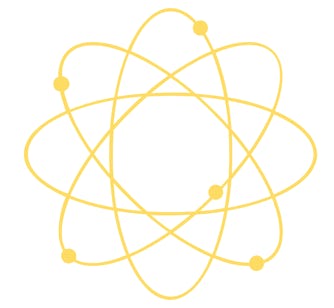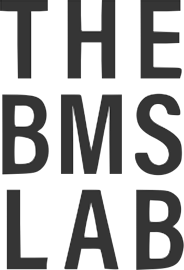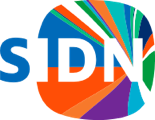About this project
Why
Do your coworkers, acquaintances, or family see the same search engine results as you do? Are the search results tailored just for you? If so, what standards apply? What subjects do search engines recommend to people like you and me? What part do search engine results play in the growing polarisation of our society?
To find out the answers to these and other questions, the University of Twente's Department of Communication Science has started a pilot study.
Citizen science project
Together with the BMS LAB at the University of Twente, we have created a browser extension to acquire insight into the search results of a broad group of people residing in The Netherlands. Once every two weeks, it performs a search across various search engines.
The project defines the search, which includes broad and targeted search words and phrases based on current affairs (such as Mark Rutte, energy transition). These will change over time.
Anyone in The Netherlands (18+) can participate by simply installing the browser extension, which is available for Google Chrome, Mozilla FireFox, and Microsoft Edge. In due course, this results will be published on the website.

If you have any questions, feel free to contact us: info@digitalepolarisatie.nl
Reasons to join us
1
Participate in a study and contribute to science

2
Help researchers tackle societal challenges more effectively

3
Do a good deed
(altruism)

How to install the extension?
Adding the browser extension to Chrome, Firefox or Edge is done easily and quickly
Watch the instruction for more information:

Select your browser
Scroll down and click on your browser
Add the extension to your browser
Answer a few demographic questions (or skip)
Installation is completed!
The extension will open a separate window in the background
FAQ
Do we have access to your personal data or browsing history?
No, the browser extension does not grant researchers or others access to your personal data. In addition, the data will not be made available to third parties either. The search data will only be analysed by researchers of the University of Twente. The project has been approved by the University of Twente's Ethics Committee.
Can the provided information be traced?
The provided demographic information is anonymised and cannot be traced back to you. In addition, no personal data that is retraceable is requested. The data collected is secured by encryption. Encryption is a way of protecting data by making it unreadable. By securing data with encryption, it cannot be read by other parties or hackers.
What data does the browser extension collect?
When you install the browser extension, you are asked to enter the following demographic data: zip code, gender, age, education, work situation, income, political preference, language and media preference. It is not mandatory to fill this in. When a search is performed by the browser extension, only the search results page is sent to the database.
What will happen with the results of the study?
The results and findings of the research will be published during and after the end of the project via the newsletter and website. If you are interested in the results or in a collaboration, please contact us: info@digitalepolarisatie.nl
The Team
The partners

CENTRUM VOOR DIGITALE INCLUSIE





Digitale Polarisatie 2024